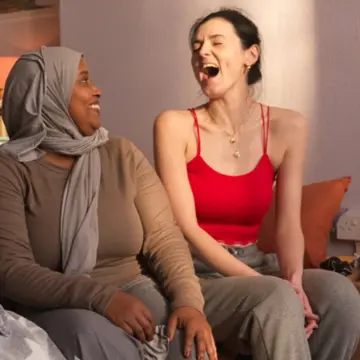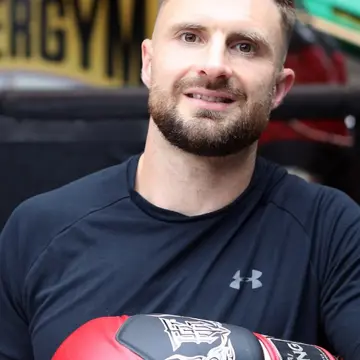At a time when foster carers feel increasingly unsupported, innovative approaches to fostering are more crucial than ever. The Fostering Network’s 2024 State of the Nation’s Foster Care report reveals that over half of foster carers experience burnout or poor wellbeing, yet fewer than half feel comfortable seeking support.
A major factor in this declining wellbeing is the lack of recognition foster carers feel within the professional team. Just over half report feeling treated as equal and valued by social workers- contributing to the retention crisis of foster carers.
While these figures highlight serious concerns, efforts are already underway to elevate the status of foster carers and ensure they receive the support they need.
Fostering Wellbeing
Launched in 2019 and funded by the Welsh Government, The Fostering Network’s Fostering Wellbeing Programme aims to improve both the wellbeing and educational outcomes of care-experienced children in Wales.
Many foster carers describe feeling isolated, unheard, and undervalued in decision-making. This is where Fostering Wellbeing steps in, bringing together all professionals involved in supporting young people, including foster carers, to create a culture of equality within the team around the child.
At the heart of this initiative are Fostering Wellbeing Pioneers- experienced foster and kinship carers who provide peer support, advocate for carers, and work with services to develop new ways of working together. They play a critical role in bridging the gap between foster carers and social workers and shifting the culture towards one that values foster carers as equal partners.
Rachel's story
Rachel became a Kinship Pioneer two years ago, after experiencing her own challenges as a kinship foster carer. At just 28, she unexpectedly became a full-time parent when her husband’s niece and nephews - aged four, six, and ten - came to live with them. With her husband frequently away for work, she often felt like a single parent navigating the complex world of fostering alone.
She recalls how support was lacking when she needed it most. What she wished for was a friendly, understanding ear - someone who had been through it and could offer guidance without judgment. Now, as a Pioneer, she provides that very support to others.
Rachel said: “Pioneers fill the gap between a foster carer and a social worker. I’ve been there myself when it’s really difficult. You’re having problems with challenging behaviour, you don’t know what you’re doing, you’re feeling completely out of your depth.
“Social workers don’t always have the best, comforting attitude. But as a Pioneer, you’ve been in that situation. You understand how difficult it is, they don’t need judgement, they just need understanding.”
For kinship carers, seeking help can feel even harder due to their personal connection to the children. Rachel actively builds trust within the kinship care community, attending events, sharing her own experiences, and making herself approachable for carers who may struggle to ask for support.
She recalls one carer who initially avoided support groups, fearing she would overshare or be judged.
“When I initially met her she didn’t want to come to the coffee mornings. She gets anxious and feels like she overshares. She judges herself too much. But now she comes on a regular basis and she calls me on a regular basis when something happens.
“It’s really nice to know that being a Pioneer, even if you only make a small difference to that one person, she can then go on and do what she needs to, to look after the kids in her care.”
Building community
Beyond one-to-one support, Pioneers are creating a wider fostering community. Rachel, and fellow Pioneers, have set up a charity to fund local get-togethers for fostering families, filling a gap left by cuts to local authority funding. These gatherings provide both a space for foster carers to connect and for children to simply be themselves.
Rachel added: “The kids just come along and enjoy themselves and be normal kids and not be judged. They can meet their peers, meet their siblings, that they may not see on a regular basis. It's just nice things for them to do.
“They don't need to bring their baggage with them. There's no one there that ask them how they are and go into depth on what their background is. It's just literally them to go and play.”
By amplifying foster carers’ voices and improving communication between professionals, the Fostering Wellbeing Programme is making a lasting impact on fostering in Wales. Relationships between foster carers and professionals are stronger, retention is improving, and foster carers feel more supported and valued - leading to better outcomes for children.
“One of the key strengths of the programme is its emphasis on co-productive learning and valuing lived experience”, says programme manager Gemma Struthers.
“By bringing together social workers, education professionals, health practitioners, and foster carers, the programme creates a shared language and understanding of what children need and how best to support them.”

